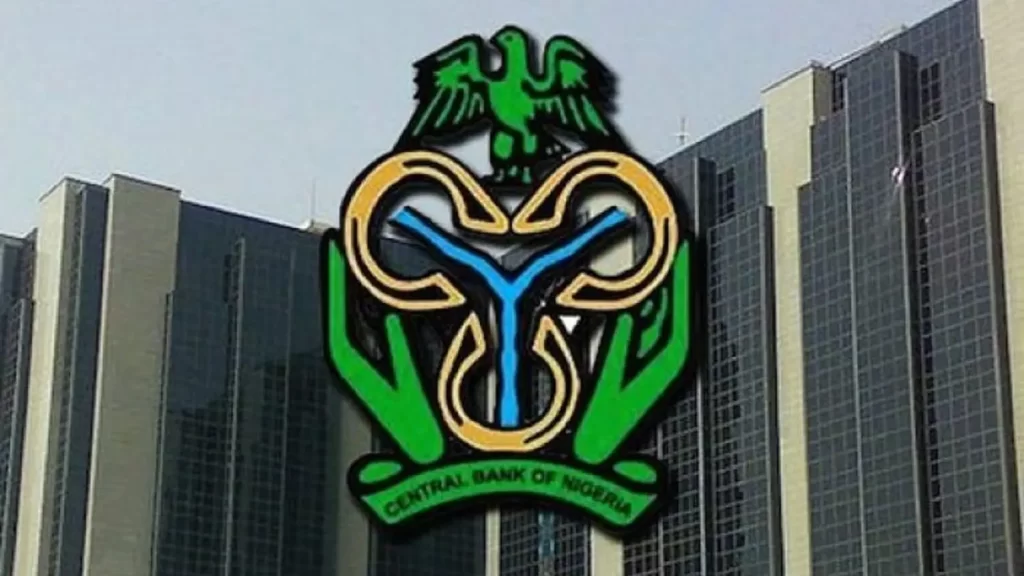CBN warns banks against restricting ATM withdrawals below N20,000, threatens sanctions

CBN
Abdullateef Fowewe
The Central Bank of Nigeria has issued a strong warning to banks that restrict customers from withdrawing up to N20,000 per transaction at Automated Teller Machines, despite having sufficient funds and requesting a higher amount.
Dailyeconomy obtained this in a Q&A explainer CBN made available on its website following its recent review of ATM withdrawal fees, warning that such restrictions violate its regulations and will attract sanctions.
The apex bank established that ATM charges for withdrawals made from other banks’ ATMs whether on-site or off-site are structured on the premise that customers should be able to withdraw up to N20,000 per transaction.
The report reads, “Any bank that compels a customer with sufficient funds in their account to withdraw less than N20,000 per transaction, against their desire for a higher sum, would be contravening this regulation and will be sanctioned appropriately.”
To address potential violations, the regulator has urged affected customers to report banks that impose such restrictions.
“Consumers denied the right to withdraw up to N20,000 per transaction are encouraged to file a complaint with the CBN using cpd@cbn.gov.ng,” it urged.
Also, the CBN reaffirmed that banks must not charge customers beyond the prescribed ATM fees but are allowed to charge lower amounts based on their cost structure and business model.
“The charges and surcharges are capped, meaning banks and other financial institutions cannot charge more than the fees stated in the circular. However, a bank can charge a lower amount depending on its cost structure and business development drive,” the statement explained.
To help customers minimise ATM withdrawal fees, the CBN thereby advised them to withdraw cash from their own bank’s ATMs whenever possible. It also encouraged the use of alternative payment methods such as mobile banking apps, POS terminals, and other digital channels.




